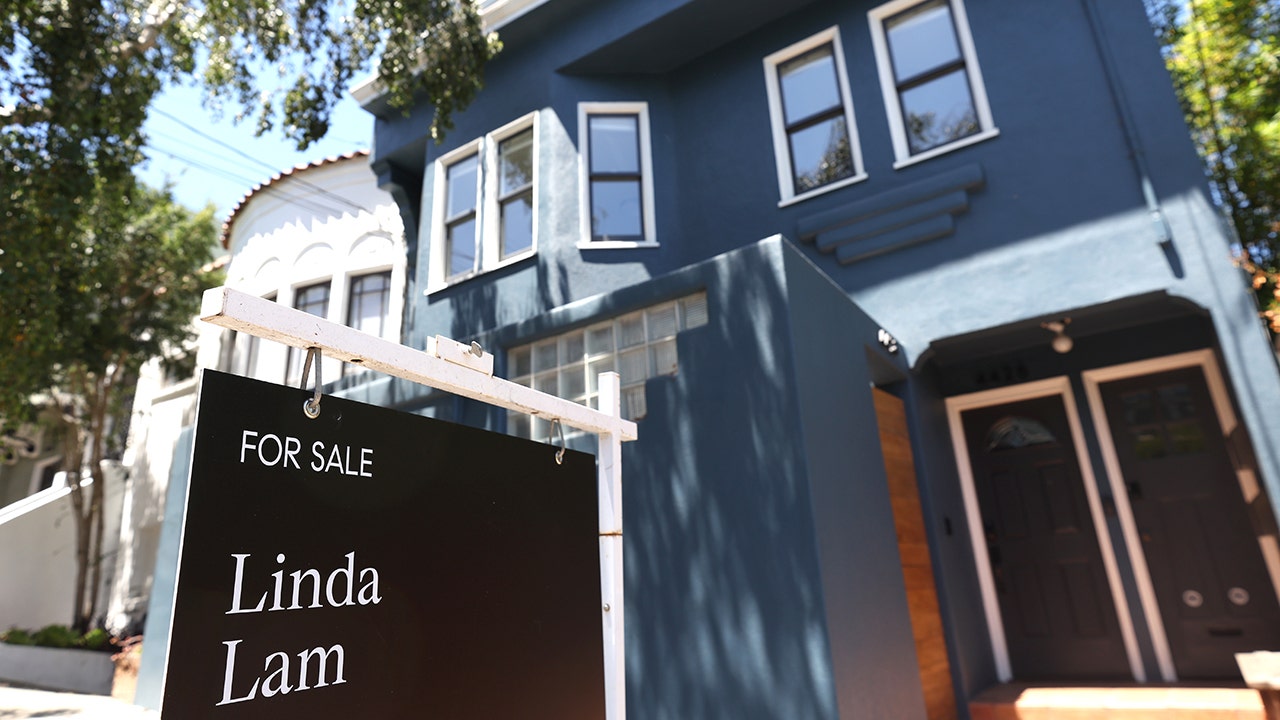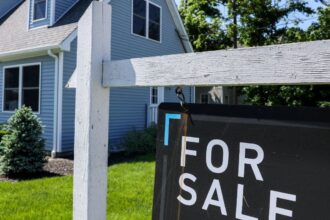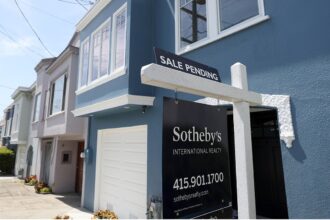The Federal Housing Finance Agency (FHFA) announced on Tuesday it is raising the loan amount limits for mortgages purchased by Freddie Mac and Fannie Mae by 5.2% in 2025, as home prices continue to soar in the U.S.
The new conforming loan limit value for a one-unit home will be $806,500 next year, an increase of nearly $40,000 from the 2024 baseline cap.
However, in high-cost areas of the country where 115% of the local median home value exceeds the baseline loan limit, the loan ceiling is 150% higher. So, the loan cap for a single-unit home in those areas will be $1,209,750, which is 150% of $806,500, FHFA said.
AMERICANS NEED SIX-FIGURE SALARIES TO AFFORD A HOUSE IN MOST CITIES, NEW ECONOMIC REPORT SHOWS
The FHFA adjusts loan limits for government-sponsored enterprises Freddie and Fannie on an annual basis to reflect changes in the average home price, which climbed 5.21% from the third quarter of 2023 to the same quarter this year.
Home prices have surged in the U.S. in recent years, along with mortgage rates, causing a sustained affordability crisis in housing.
Freddie Mac’s latest Primary Mortgage Market Survey, released last Thursday, showed that the average rate on the benchmark 30-year fixed mortgage rose to 6.84% from last week’s reading of 6.78%. The average rate on a 30-year loan was 7.29% a year ago.
EXISTING HOME SALES FALL TO LOWEST LEVEL SINCE 2010
Also on Tuesday, the S&P CoreLogic Case-Shiller U.S. National Home Price NSA Index reported home prices hit their 16th consecutive all-time high in September and now sit 51% higher than at the start of the pandemic.

“When higher prices are coupled with persistently elevated mortgage rates and adjusted for inflation, a typical mortgage payment, only including principal and interest, is now 82% higher than pre-pandemic,” CoreLogic chief economist Selma Hepp reported, noting that figure does not include the rising costs of property taxes and insurance.
“As a result, it’s not hard to see why the housing market is in the doldrums,” Hepp added.
Read the full article here









